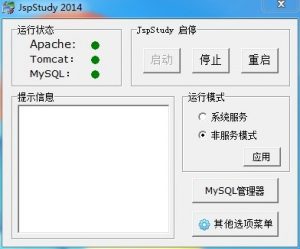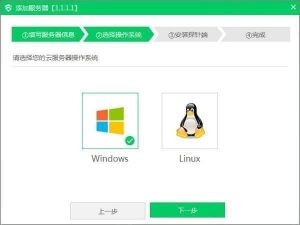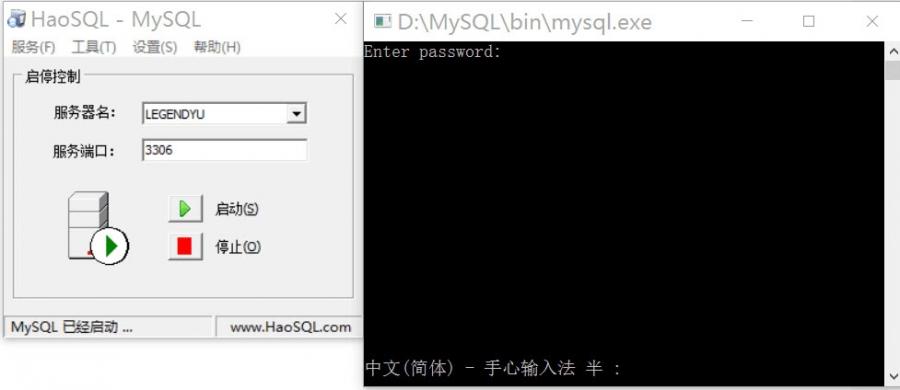什么是容器
在开发过程中,经常会用到的一个概率就是依赖注入。我们借助依懒注入来解耦代码,选择性的按需加载服务,而这些通常都是借助容器来实现。
容器实现对类的统一管理,并且确保对象实例的唯一性
常用的容器网上有很多,如PHP-DI 、 YII-DI 等各种实现,通常他们要么大而全,要么高度适配特定业务,与实际需要存在冲突。
出于需要,我们自己造一个轻量级的轮子,为了保持规范,我们基于PSR-11 来实现。
PSR-11
PSR 是 php-fig 提供的标准建议,虽然不是官方组织,但是得到广泛认可。PSR-11 提供了容器接口。他包含 ContainerInterface 和 两个异常接口,提供使用建议。
/** * Describes the interface of a container that exposes methods to read its entries. */ interface ContainerInterface { /** * Finds an entry of the container by its identifier and returns it. * * @param string $id Identifier of the entry to look for. * * @throws NotFoundExceptionInterface No entry was found for **this** identifier. * @throws ContainerExceptionInterface Error while retrieving the entry. * * @return mixed Entry. */ public function get($id); /** * Returns true if the container can return an entry for the given identifier. * Returns false otherwise. * * `has($id)` returning true does not mean that `get($id)` will not throw an exception. * It does however mean that `get($id)` will not throw a `NotFoundExceptionInterface`. * * @param string $id Identifier of the entry to look for. * * @return bool */ public function has($id); }
实现示例
我们先来实现接口中要求的两个方法
abstract class AbstractContainer implements ContainerInterface { protected $resolvedEntries = []; /** * @var array */ protected $definitions = []; public function __construct($definitions = []) { foreach ($definitions as $id => $definition) { $this->injection($id, $definition); } } public function get($id) { if (!$this->has($id)) { throw new NotFoundException("No entry or class found for {$id}"); } $instance = $this->make($id); return $instance; } public function has($id) { return isset($this->definitions[$id]); }
实际我们容器中注入的对象是多种多样的,所以我们单独抽出实例化方法。
public function make($name) { if (!is_string($name)) { throw new InvalidArgumentException(sprintf( 'The name parameter must be of type string, %s given', is_object($name) ? get_class($name) : gettype($name) )); } if (isset($this->resolvedEntries[$name])) { return $this->resolvedEntries[$name]; } if (!$this->has($name)) { throw new NotFoundException("No entry or class found for {$name}"); } $definition = $this->definitions[$name]; $params = []; if (is_array($definition) && isset($definition['class'])) { $params = $definition; $definition = $definition['class']; unset($params['class']); } $object = $this->reflector($definition, $params); return $this->resolvedEntries[$name] = $object; } public function reflector($concrete, array $params = []) { if ($concrete instanceof Closure) { return $concrete($params); } elseif (is_string($concrete)) { $reflection = new ReflectionClass($concrete); $dependencies = $this->getDependencies($reflection); foreach ($params as $index => $value) { $dependencies[$index] = $value; } return $reflection->newInstanceArgs($dependencies); } elseif (is_object($concrete)) { return $concrete; } } /** * @param ReflectionClass $reflection * @return array */ private function getDependencies($reflection) { $dependencies = []; $constructor = $reflection->getConstructor(); if ($constructor !== null) { $parameters = $constructor->getParameters(); $dependencies = $this->getParametersByDependencies($parameters); } return $dependencies; } /** * * 获取构造类相关参数的依赖 * @param array $dependencies * @return array $parameters * */ private function getParametersByDependencies(array $dependencies) { $parameters = []; foreach ($dependencies as $param) { if ($param->getClass()) { $paramName = $param->getClass()->name; $paramObject = $this->reflector($paramName); $parameters[] = $paramObject; } elseif ($param->isArray()) { if ($param->isDefaultValueAvailable()) { $parameters[] = $param->getDefaultValue(); } else { $parameters[] = []; } } elseif ($param->isCallable()) { if ($param->isDefaultValueAvailable()) { $parameters[] = $param->getDefaultValue(); } else { $parameters[] = function ($arg) { }; } } else { if ($param->isDefaultValueAvailable()) { $parameters[] = $param->getDefaultValue(); } else { if ($param->allowsNull()) { $parameters[] = null; } else { $parameters[] = false; } } } } return $parameters; }
如你所见,到目前为止我们只实现了从容器中取出实例,从哪里去提供实例定义呢,所以我们还需要提供一个方水法
/** * @param string $id * @param string | array | callable $concrete * @throws ContainerException */ public function injection($id, $concrete) { if (is_array($concrete) && !isset($concrete['class'])) { throw new ContainerException('数组必须包含类定义'); } $this->definitions[$id] = $concrete; }
只有这样吗?对的,有了这些操作我们已经有一个完整的容器了,插箱即用。
不过为了使用方便,我们可以再提供一些便捷的方法,比如数组式访问。
class Container extends AbstractContainer implements ArrayAccess { public function offsetExists($offset) { return $this->has($offset); } public function offsetGet($offset) { return $this->get($offset); } public function offsetSet($offset, $value) { return $this->injection($offset, $value); } public function offsetUnset($offset) { unset($this->resolvedEntries[$offset]); unset($this->definitions[$offset]); } }
这样我们就拥有了一个功能丰富,使用方便的轻量级容器了,赶快整合到你的项目中去吧。
© 版权声明
本文刊载的所有内容,包括文字、图片、音频、视频、软件、程序、以及网页版式设计等部门来源于互联网,版权均归原作者所有!本网站提供的内容服务于个人学习、研究或欣赏,以及其他非商业性或非盈利性用途,但同时应遵守著作权法及其他相关法律的规定,不得侵犯本网站及相关权利人的合法权利。
联系信息:邮箱aoxolcom@163.com或见网站底部。
联系信息:邮箱aoxolcom@163.com或见网站底部。
THE END

















请登录后发表评论
注册
社交帐号登录